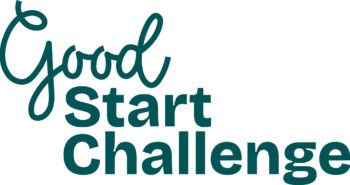The Unsung Heroes: Reimagining Care Work
By Nani Zulminarni, Southeast Asia Regional Director, Ashoka
What comes to mind when you hear about care work? Probably women’s work. Unpaid and easy, right? At my age of 60 plus, I can conclude that care work, especially for children under five, is the most important, but also some of the most challenging work.
Care work is about building strong foundations for human beings during their golden, formative years. It requires caregivers to have multidimensional qualities, including physical, mental, spiritual, and intellectual, as well as skills, innovation, and creativity. Imagine if caregivers are not the best version of themselves – we will lose the opportunity to produce the best next-generation leaders and changemakers.
The Unseen Challenges of Caregiving
Caregiving is often unpaid or low-paid work with long working hours. Therefore, not many people are willing or able to do it, especially consistently.
Also, it is gendered. Women traditionally become the main people responsible for this work, despite the constraints and limitations they face. In many countries, women’s education levels are lower than men’s, and women have less access to information, technology, and knowledge resources. Consequently, the Women’s Human Development Index in our region is considered low, and their well-being is not sufficiently supported. Yet, they are entrusted with the most important task: taking care of children.
Caregivers as Changemakers
At Ashoka, we believe that everyone is a changemaker. We witness that, despite the challenges and limitations, caregivers, particularly women, are exploring their creativity and innovation to do their work. They develop different scenarios and strategies to respond to the challenges they face, including disasters, poverty, as well as a lack of capacity, knowledge, and resources. However, caregivers do not get sufficient systemic support, which in the long run affects their well-being and, furthermore, the people they care for, including children and the elderly.
A Call for Systemic and Perception Change
Several years ago, Ashoka, in collaboration with its fellows in Indonesia, launched a family changemaking movement, or Gaharu Keluarga in the Indonesian language, to promote two things. The first is a system change related to care work, particularly at the family level. We demand that governments, authorities, and policymakers treat care work as a profession with equal value and appreciation as other types of work. We also demand that caregivers have access to public services for their well-being.
The second is a frame change – a transformation of perspective, mindset, and values. Care work for children under five is everyone’s responsibility since it is the most important stage of a human being’s life. This work has to be supported by multidimensional professionals across many sectors, including biology, psychology, social work, and emotional and intellectual development, among many others.
We are excited about this collaboration with the Good Start Challenge, as we believe together we will create changemakers in this field who will inspire us and strengthen our movement to build a better society for all, starting from the family.
See a recording of this blog as well as other speakers on the needs of parents in Southeast Asia here.
Get Involved
The Good Start Challenge is now open for entries! Visit the challenge website to learn more, sign up for an upcoming webinar, check out the entry form and requirements, and contact us with your questions.
The deadline to submit entries is 17 September 2025, 1PM UTC.

